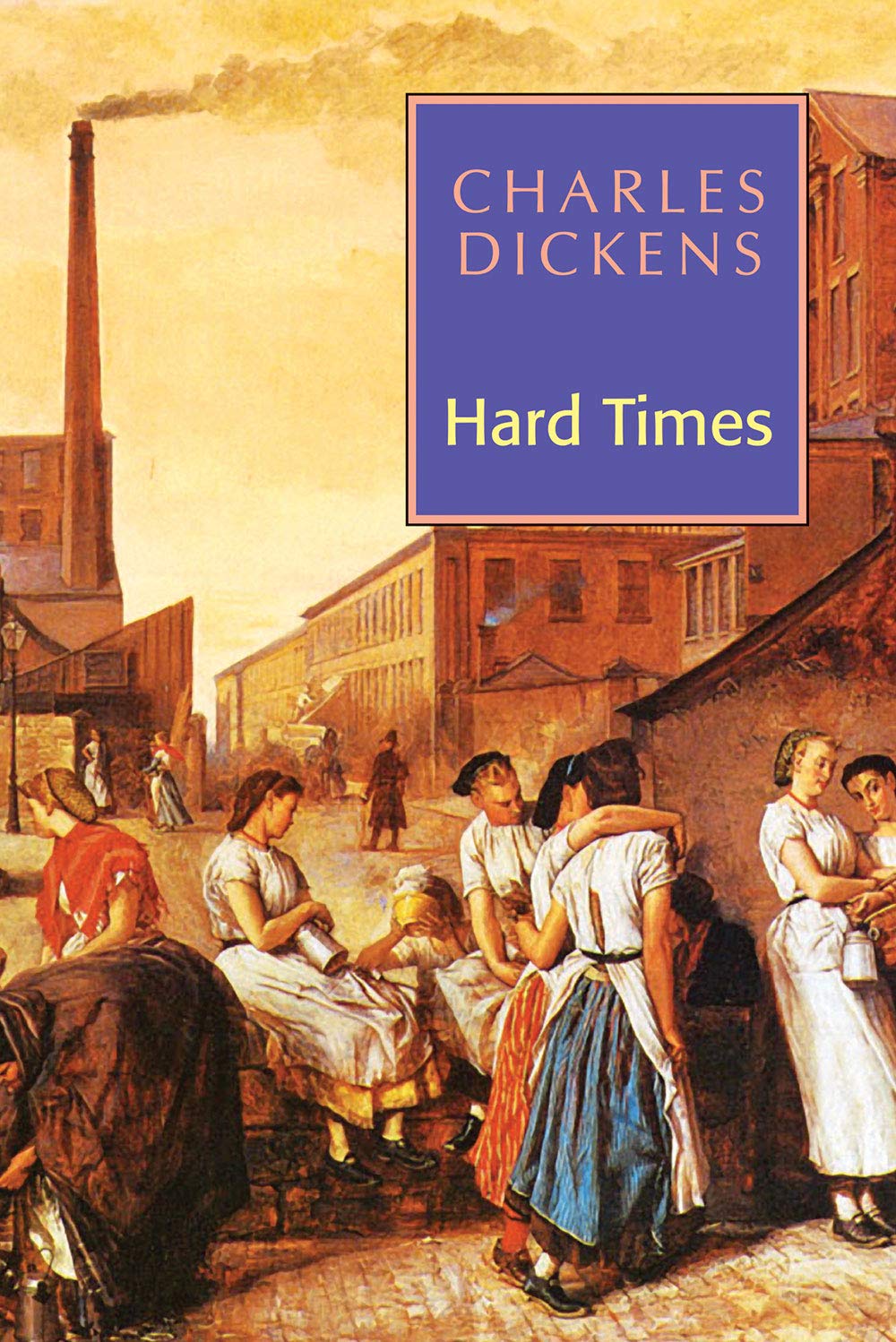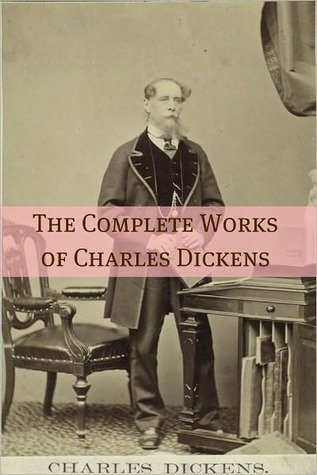
Hard Times
Book Description
Amidst the bleak landscape of industrial England, a clash of ideals reignites the fierce battle between hard-nosed pragmatism and the vibrant pulse of imagination. In a town driven by stern facts and unyielding productivity, characters navigate a web of oppression, dreams stifled, and hearts yearning to break free. A disenchanted schoolmaster, a desperate factory worker, and a soul in search of meaning collide, revealing the dark underbelly of progress and the human spirit's resilience. Will the relentless march of industry extinguish their hopes, or can passion ignite a revolution of the heart? What sacrifices must be made to find true fulfillment?
Quick Book Summary
"Hard Times" by Charles Dickens is a scathing critique of 19th-century industrial England, exposed through the rigid, fact-focused philosophy of Mr. Thomas Gradgrind and its stifling impact on imagination and compassion. The story unfolds in Coketown, where children's creativity is suppressed for the sake of pragmatism, and workers toil under dehumanizing conditions. The narrative centers around Gradgrind, his disillusioned daughter Louisa, and the honest but desperate factory worker Stephen Blackpool. Their lives cross through struggles of class, love, and morality, revealing deep social injustices. Ultimately, Dickens illustrates the costs of prioritizing industry and utilitarianism over human warmth, empathy, and personal fulfillment, urging a more balanced, humane society.
Summary of Key Ideas
Table of Contents
The Dangers of Utilitarianism and Fact-based Education
The world of Coketown, where "Hard Times" is set, is dominated by the smokestacks and factories of the Industrial Revolution. The town epitomizes Dickens’s critique of a society obsessed with productivity, profit, and hard facts. Thomas Gradgrind, the schoolmaster, embodies this philosophy, enforcing a rigid education system that values only measurable knowledge. His influence extends to his own children, Louisa and Tom, who are raised without room for wonder or emotional development, and to his students like Sissy Jupe, the daughter of a circus performer, whose imagination is suppressed by Gradgrind’s system.
The Dehumanizing Effects of Industrialization
Louisa Gradgrind, emotionally stifled by her upbringing, is married off to the wealthy yet odious industrialist Mr. Bounderby, more as a business transaction than a union of love. Meanwhile, Stephen Blackpool, a kind but impoverished factory worker, faces his own struggles against the iron grip of both Bounderby’s exploitative management and a broken marital situation. As the dark, mechanical world of Coketown grinds on, Louisa’s internal conflict deepens, and Stephen is ostracized for his integrity and refusal to conform to the expectations of either management or fellow workers.
The Power and Suppression of Imagination
Throughout the novel, Dickens juxtaposes the cold rationalism of Gradgrind and Bounderby with the warmth and fantasy of Sissy Jupe. Sissy, despite the odds, remains spirited and compassionate, eventually becoming a force for good in the Gradgrind household. Her presence contrasts with the lifeless precision demanded by the system, highlighting the necessity of imagination, empathy, and emotional intelligence. Sissy’s kindness helps Louisa break free from emotional repression, illustrating the transformative power of compassion.
Class Struggle and Injustice
The struggles of the working class, personified by Stephen Blackpool, underscore the injustices rampant in industrial society. Stephen's search for dignity and fairness is met only with suspicion, isolation, and tragedy, revealing a system that punishes virtue and perpetuates poverty. Dickens uses Stephen’s fate to indict not only the greed of industrialists but also the failures of unions and the indifference of society at large, stressing the urgent need for social reform.
Redemption through Compassion and Humanity
In the aftermath of profound personal crises, Gradgrind confronts the failures of his utilitarian dogma and begins to value the very qualities he once despised. Louisa, too, finds some measure of hope through Sissy’s friendship. The novel closes with a somber note of redemption, suggesting that compassion, imagination, and human connection are necessary antidotes to the harsh realities of industrial modernity. Dickens leaves readers with a call to embrace not just progress and profit, but also kindness and creativity.
Download This Summary
Get a free PDF of this summary instantly — no email required.





